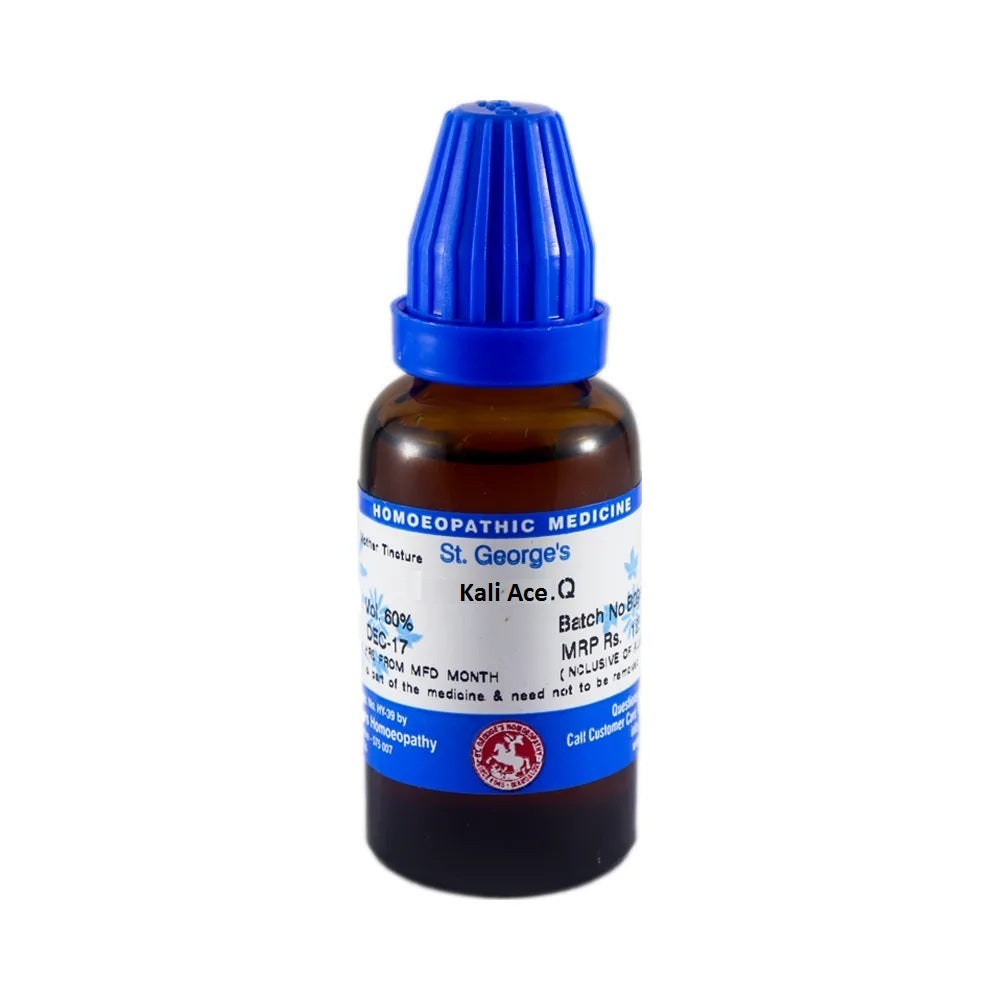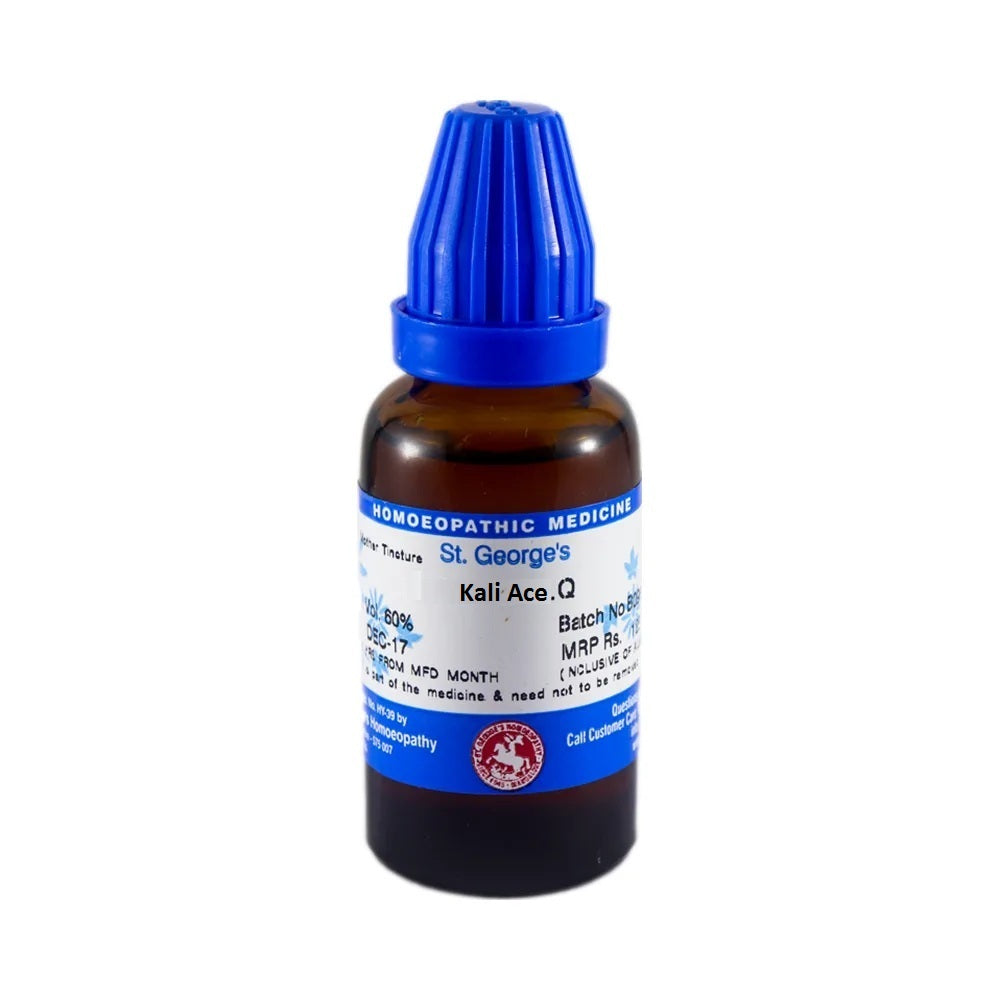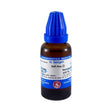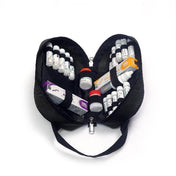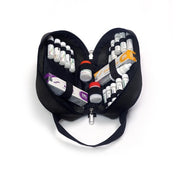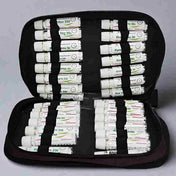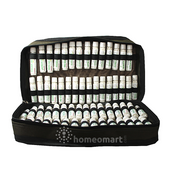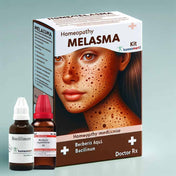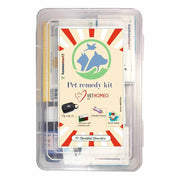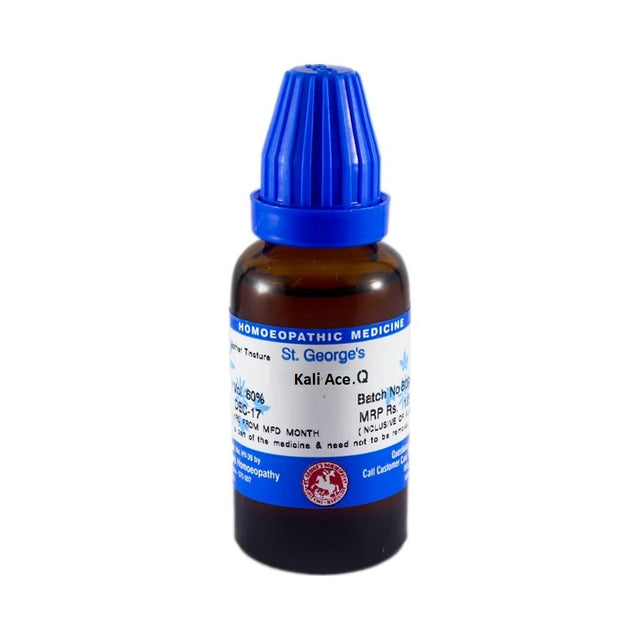Homeopathy Kali Aceticum Mother Tincture
Homeopathy Kali Aceticum Mother Tincture - 30ml is backordered and will ship as soon as it is back in stock.
Couldn't load pickup availability
Description
Description
Kali Aceticum, also known as Potassium Acetate, is a compound used in homeopathy. Here is a brief overview:
- Source: Kali Aceticum is a chemical compound made from potassium hydroxide and acetic acid. In its base form, it's a white, crystalline substance.
- Also Known As: It is scientifically known as Potassium Acetate and is represented by the chemical formula CH3CO2K. In homeopathic literature, it is referred to as Kali Aceticum, with "Kali" being a common homeopathic nomenclature for potassium.
- Clinical Indications: Kali Aceticum is used in homeopathy for a variety of conditions, particularly those involving fluid balance and urinary issues. It is indicated for cases of diabetes, where it is believed to help with the excessive urination and thirst associated with the condition. It may also be used for problems related to fluid retention and kidney function.
- Materia Medica Information: In the homeopathic materia medica, Kali Aceticum is described as a remedy for conditions characterized by weakness, debility, and malaise, often associated with excessive urination and thirst. It is also indicated for patients with symptoms of fluid retention and those suffering from kidney ailments.
- Side Effects: In homeopathic dilutions, Kali Aceticum is generally considered safe with minimal risk of side effects due to the highly diluted nature of homeopathic remedies. However, in its undiluted form, potassium acetate can be harmful if ingested in large quantities and can cause symptoms like gastrointestinal irritation, electrolyte imbalance, and in severe cases, cardiac issues.
As with all homeopathic remedies, it's important to use Kali Aceticum under the guidance of a qualified homeopathic practitioner, especially when treating complex conditions. The effectiveness of homeopathic treatments can vary widely and is a subject of ongoing debate in the medical community.

